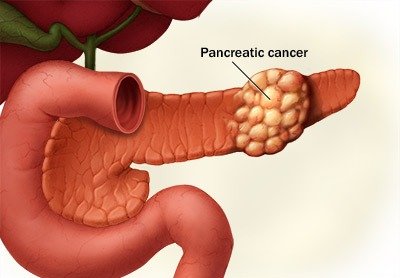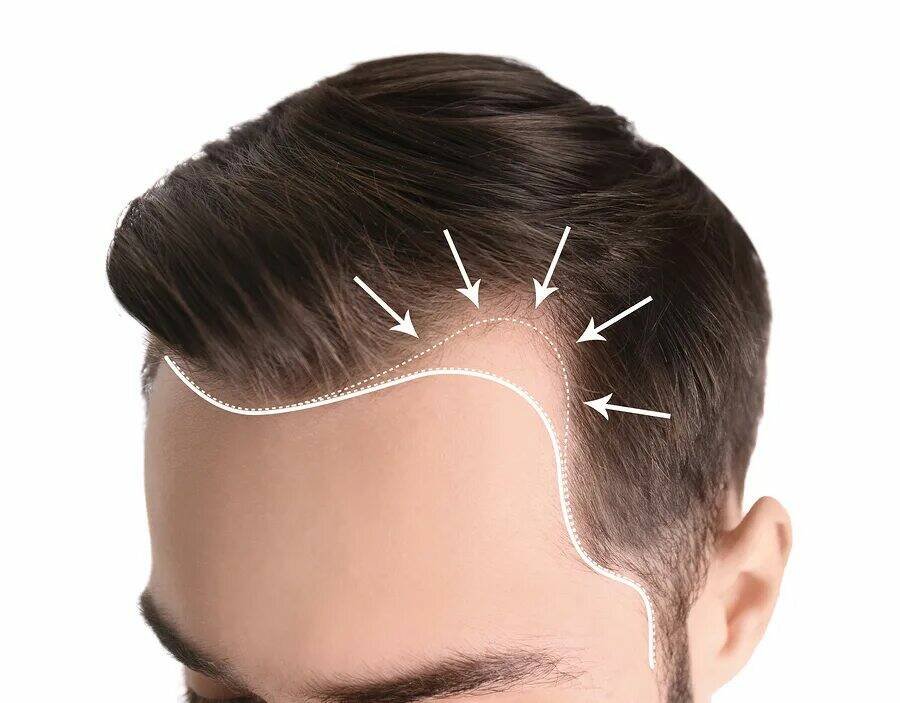Pancreas stones, or pancreatic calculi, are hardened deposits that form in the pancreatic ducts, potentially causing significant pain and digestive issues. They can block the flow of digestive enzymes from the pancreas to the small intestine, leading to severe health complications. Recognizing the symptoms early can help in seeking timely medical care. In this blog, we will explore the common symptoms of pancreas stones and discuss available pancreas stone treatment options to help you make informed decisions about your health.
What Are Pancreas Stones?
Pancreas stones are similar to gallstones but occur within the pancreatic ducts. These stones are usually composed of calcium deposits and can result from chronic inflammation of the pancreas, known as chronic pancreatitis. Pancreas stones block the flow of pancreatic juices, causing digestive issues and triggering severe abdominal pain. If left untreated, pancreas stones can lead to complications like infections, pancreatic insufficiency, or even damage to the pancreas.
Common Symptoms of Pancreas Stones
- Severe Abdominal Pain
One of the most common symptoms is sharp and persistent abdominal pain, usually located in the upper abdomen. This pain may radiate to the back and worsen after eating. - Nausea and Vomiting
The obstruction caused by pancreas stones often leads to nausea and vomiting, especially after consuming fatty foods. - Jaundice
Jaundice, characterized by yellowing of the skin and eyes, may occur when pancreas stones block the bile ducts. This leads to a buildup of bile in the liver, causing yellow discoloration. - Unexplained Weight Loss
People suffering from pancreas stones often experience unexplained weight loss due to the inability to digest food properly, as the stones block enzymes responsible for breaking down nutrients. - Steatorrhea (Fatty Stools)
Since pancreatic enzymes help digest fats, a blockage can lead to greasy, foul-smelling stools that float in the toilet, known as steatorrhea. - Fever and Chills
In severe cases, a person may develop fever and chills due to infection in the pancreas or surrounding organs caused by the obstruction.
Complications of Pancreas Stones
If left untreated, pancreas stones can cause serious complications, including:
- Pancreatic Infections: Blocked pancreatic ducts can create a perfect environment for infections, which can spread to other areas of the abdomen.
- Pancreatic Insufficiency: When pancreatic enzymes are blocked for an extended period, the body is unable to digest food properly, leading to malnutrition and deficiencies in vitamins and minerals.
- Chronic Pancreatitis: Recurring episodes of pancreatitis due to stones can cause irreversible damage to the pancreas, potentially leading to diabetes and long-term digestive problems.
Recognizing symptoms and seeking early intervention can help avoid these complications and improve outcomes.
Pancreas Stone Treatment Options
Effective pancreas stone treatment focuses on relieving symptoms, removing the stones, and managing underlying conditions like chronic pancreatitis. Some common treatment approaches include:
- Endoscopic Retrograde Cholangiopancreatography (ERCP)
ERCP is a minimally invasive procedure used to locate and remove pancreas stones. A thin tube with a camera is inserted through the mouth to reach the pancreatic ducts. Once located, the stones can be removed or broken up using specialized tools. - Lithotripsy
This non-surgical treatment uses shock waves to break large pancreas stones into smaller pieces, which can then pass through the ducts or be removed using endoscopy. - Surgical Removal
In cases where other methods fail, surgery may be required to remove the pancreas stones. This option is often reserved for complex cases or large stones that cannot be broken down. - Medications
Doctors may prescribe medications to manage pain, reduce inflammation, and address the underlying cause of pancreas stones, such as enzyme supplements to aid digestion. - Lifestyle and Dietary Changes
Reducing fat intake and maintaining a healthy diet can help prevent the formation of additional stones and improve overall digestive health. Avoiding alcohol and smoking is also recommended for individuals with pancreas stones.
Preventing Pancreas Stones
Preventing pancreas stones largely depends on managing the underlying cause, such as chronic pancreatitis. Some steps to reduce the risk include:
- Maintaining a healthy, low-fat diet
- Avoiding excessive alcohol consumption
- Staying hydrated to help flush out toxins
- Taking prescribed enzyme supplements if necessary
Regular medical check-ups and imaging tests can also help in early detection and treatment of pancreas stones, preventing complications in the long run.
Conclusion
Pancreas stones can cause a range of symptoms, from abdominal pain to jaundice, and require timely medical intervention to avoid complications. With treatment options like ERCP, lithotripsy, and surgical removal, there are effective ways to manage and treat this condition. If you are experiencing symptoms of pancreas stones, it is important to consult a healthcare provider for diagnosis and personalized treatment. In addition to treatment, adopting lifestyle changes can help prevent future occurrences, improving your overall pancreatic health.
For more information on pancreas stone treatment and related conditions, consult your doctor today.



